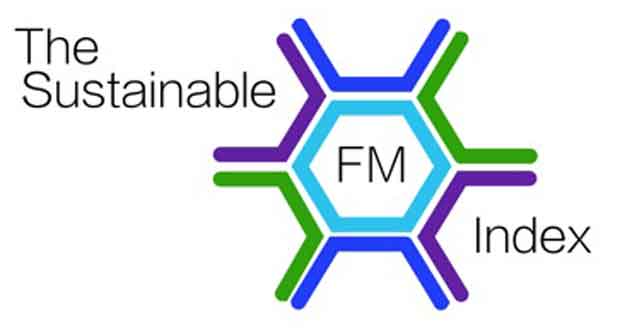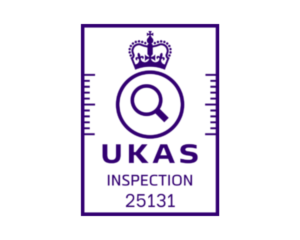FASET plans to secure worker safety for the new ‘workspace’
With a mass shift to remote working since late March 2020, a number of FM experts and commentators are speculating that COVID-19 will bring an end to the office as we know it.
A white paper from the Sustainable Facilities Management Index (SFMI) has detailed the impact of COVID-19 on the built environment.
The urgency to restart business throughout the country and the rest of the world has seen many companies re-open their offices, although with new guidelines on distancing and heightened sanitation in place. However, many more are looking at a different way of working in the long term.
Offices must be redesigned to ensure adherence to social distancing guidelines coupled with a need to make the space more efficient. Factoring in growth in remote working policies as well as greater wellbeing for staff and visitors, designers are actively starting from scratch to find alternative solutions.
The future is sure to place a far greater emphasis on employee wellbeing, with openable windows, zoned activity areas, safe spaces, and lower energy consumption taking centre stage. This will bring its own wave of new work for the construction and FM sectors, as office buildings throughout the work undergo a transformation.
They will require a innumerable changes to adapt to the new requirements brought about by the coronavirus. Moving people efficiently and safely to upper tower floors will prove slower due to elevator capacity. This could prompt businesses to prefer lower floors for greater accessibility. It could also lead to a greater space redesign of future tower schemes.
Participants in the most recent SFMI Leaders Forum agreed that the FM sector would play a pivotal role in organisations’ reoccupation plans. FM will be responsible for implementing new hygiene and social distancing measures that ensure buildings are safe. There was also a general agreement that the pandemic had accelerated the digitalisation of their organisations, with teams now regularly communicating through video conferencing and performing tasks with digital tools. Some predicted that this transformation would spur the digitalisation of further process, reducing more paper waste in the long run.
This resonates more widely with a view that COVID-19, while having devastating consequences for the human population, has also seen a slowing down of carbon pollution as a result of far fewer journeys by plane, train and automobile. Many people have also found working at home a ‘breath of fresh air’, with no commuting and fewer interruptions contributing to less stress and higher productivity.
In the construction and FM sectors, productivity depends on workers being on site. FASET exists to promote the safety of people working at height. Partner organisations such as the No Falls Foundation and the AIF are allied with FASET in the aim of reducing and ideally eliminating accidents through quality guidance and training. The ‘new normal’ has brought a wave of new challenges as well as opportunities and FASET exists to give its support individuals and organisations.









